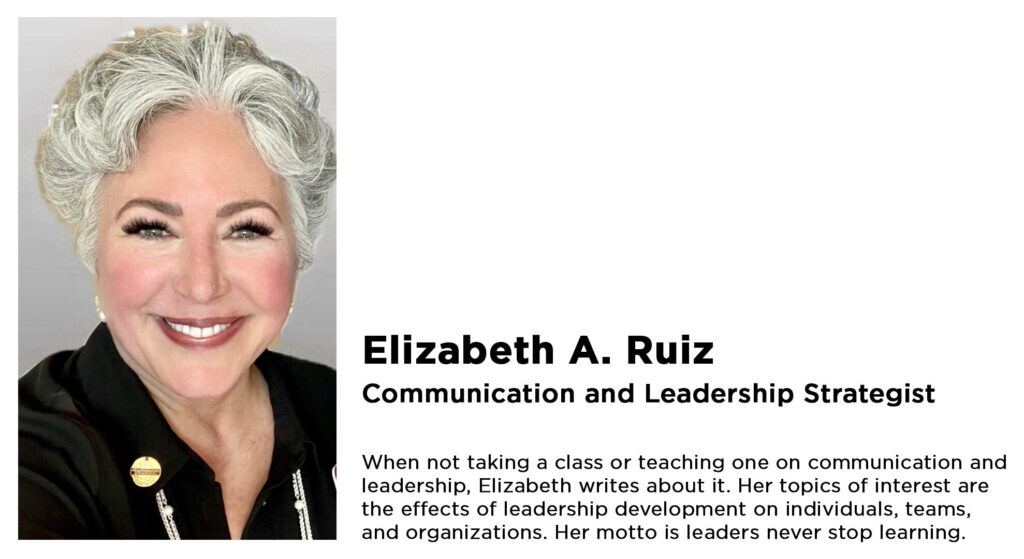Navigating Gaslighting in Organizations-A Path to Emotional Intelligence and Compassion
Gaslighting is an insidious form of psychological manipulation that can leave even the most confident individuals doubting their reality. In organizations where collaboration and trust are the cornerstones of success, gaslighting can erode individual well-being and the entire team dynamic. Whether it’s subtle remarks that make you question your memory, shifting narratives, or outright denial of facts, recognizing and responding to gaslighting requires both emotional intelligence and self-compassion.
Recognizing Gaslighting in the Workplace
The first step in handling gaslighting is recognizing it. Gaslighting often involves behaviors like:
– Dismissal of your feelings or perspective: “You’re overreacting,” or “You’re too sensitive.”
– Contradicting facts you clearly remember: “That never happened,” even when you’re sure it did.
– Shifting blame or distorting events: “You misunderstood,” or “That’s not what I said.”
It’s easy to dismiss these as misunderstandings in isolated incidents, but over time, these small moments can accumulate, making you question your competence, memory, or even your sense of self.
The Emotional Toll of Gaslighting
Gaslighting isn’t just an attack on your perception of reality—it’s an attack on your emotional well-being. It can create feelings of confusion, self-doubt, and even guilt. When these feelings take root, they can diminish your confidence and sense of worth within the organization. It’s essential to acknowledge that the problem lies not with you but with the manipulative behavior of others.
Understanding the emotional toll gaslighting takes helps you prepare for the next step: reclaiming your sense of self.
How to Handle Gaslighting with Emotional Intelligence
1. Trust Your Perception
One of the first things gaslighting does is make you question your reality. Emotional intelligence starts with trusting yourself. Keep a journal of events or interactions that feel off, and write down what was said, how you felt, and what you experienced. This log helps you hold on to your version of reality when others attempt to distort it.
2. Engage in Compassionate Self-Talk
Gaslighting can trigger a spiral of negative thoughts: “Am I overreacting? Did I misremember?” Instead of falling into that trap, respond to yourself with kindness. Remind yourself that your feelings are valid and that feeling hurt or confused is okay. This form of compassionate self-talk is a buffer against the erosion of self-confidence.
3. Seek Objective Feedback
Reach out to trusted colleagues or mentors for feedback. Sometimes, an outside perspective can validate your experience and help you see things more clearly. Gaslighting thrives in isolation, but when you have objective voices to help ground you, the manipulative tactics lose their power.
4. Set Boundaries
Emotional intelligence is not just about understanding your feelings; it’s also about recognizing when others are violating your boundaries. It’s okay to set firm limits when interacting with someone who gaslights you. For example, if someone constantly rewrites history in meetings, calmly state, “That’s not how I recall it. Let’s check the minutes,” and move forward without further debate. Boundaries act as your shield, preventing others from encroaching on your mental and emotional space.
5. Engage Your Empathy, But Don’t Enable
It’s essential to approach situations with empathy. People who gaslight may act out of insecurity or fear of exposure. While empathy can help you understand the root cause of their behavior, it doesn’t mean you should enable or excuse it. Recognize the manipulative patterns, but stand firm in your truth.
The Power of Support Systems
Gaslighting thrives in environments where individuals feel isolated. Building strong, supportive networks is one of the most effective ways to counter it. Whether it’s coworkers who have your back or external support from friends, mentors, or even professional counselors, having a team of people who affirm your reality is crucial.
Create safe spaces where you can discuss your experiences without judgment. When someone gaslights you, their goal is to make you feel alone in your perception. Support systems can dismantle that isolation, reinforcing that you’re not imagining things and helping you maintain a clear perspective.
Speaking Up: When and How
There comes a point when staying silent can be more damaging than speaking out. If the gaslighting behavior persists and affects your performance or mental health, consider addressing the issue directly with the individual or involving HR. Use clear examples from your journal to point out specific behaviors. Approach the conversation calmly and factually, without accusing or blaming, to avoid escalating the situation.
The fear of retaliation may be real if the person is a superior or holds significant influence in the organization. This is where seeking advice from HR, a mentor, or even legal counsel can help you navigate the next steps safely.
Moving Forward: Your Emotional Well-Being is Non-Negotiable
Gaslighting is a challenging experience, especially in environments where collaboration and trust should be prioritized. However, handling gaslighting with emotional intelligence allows you to protect your sense of self and your professional integrity. Surround yourself with people who affirm you, set boundaries where necessary, and engage with empathy while standing firm in your reality.
Ultimately, your well-being is more important than staying silent or making others comfortable. By handling gaslighting with emotional intelligence and compassion, you protect yourself and pave the way for healthier, more honest relationships in your professional life. And remember, you deserve to work in an environment that honors your truth and values your contributions.
You can dismantle the harmful effects of gaslighting through compassion and resilience, ensuring that your voice remains heard and your well-being is preserved. Stay strong, stay grounded, and trust in your worth.

Elizabeth Ruiz, Strategic Communication and Leadership Expert – Elizabeth researches and writes about communication and leadership while not taking or teaching a class. She applies leadership theories to help corporate, governmental, and nonprofit organizations in management consulting, strategic HR, and organizational effectiveness, focusing on ethics, research, and policymaking. She writes about strategy, leadership, management, psychology, and communication. Elizabeth believes that leaders never stop learning. Connect with Elizabeth on LinkedIn.






